Within social media culture, it has become customary to advertise a certain version of oneself in hopes of being perceived a certain way. This lack of authenticity has led to the creation of dual online personalities.
Because of this, the social media app Instagram has divided into two worlds. One of which is known as a “finsta” or “finstagram” (fake Instagram) where users express their true self while maintaining a different persona on their main account. Convinced they can only be themselves in secret, many privatize a second profile, forming a safe space to freely post unfiltered aspects of their life without worrying about who sees.
Often it acts as an escape from parents or acquaintances to publish personal or inappropriate content. Continuously used as an opportunity to abuse social media, teenagers assume it’s acceptable to post revealing or offensive information when it isn’t. Finstas shouldn’t be an excuse to use the internet carelessly, yet many believe there’s nothing wrong in doing so.
Although there’s nothing wrong with posting well-crafted selfies or action shots, one should choose to do so without trying to perfect their image for others to see.
Because users only allow a select few close friends to see their finsta, there are unspoken rules to ensure posts aren’t leaked–what happens in a finsta, stays in a finsta. Thinking it’s a foolproof promise of confidentiality, users forget that private posts can spread regardless of the expectations. Followers can easily screenshot and publicize information if they wanted to–trust doesn’t guarantee safety.
Additionally, many young adults believe it’s their only opportunity to express themselves freely when that’s not the case. There wouldn’t be a need for a finsta in the first place if every account was a safe space. All finstas do is normalize the separation between an ideal self and actual self. This double life is a self-inflicted consequence of prioritizing a false identity on social media.
Driven by a desire to boost one’s image, a myriad of people fabricate a personality on their main accounts in order to attract the most followers or likes–as if it defines their worth. According to the Ideal to Real TODAY/AOL Body Image Survey, 46 percent of adult women claim “social media makes me feel more self-conscious about my appearance.”
In need of validation from others, people base their self-esteem on how they’re perceived. If a user doesn’t reach 100 likes on Instagram, they may feel discouraged and delete the photo shortly after, controlled by a specific criteria they made up–whether that means strictly dramatic angles or clever captions.
Although there’s nothing wrong with posting well-crafted selfies or action shots, one should choose to do so without trying to perfect their image for others to see. Don’t enforce restrictions on self-expression; however, understand any information posted online can end up in the hands of someone unknown.
[poller_master poll_id=”138″ extra_class=””]
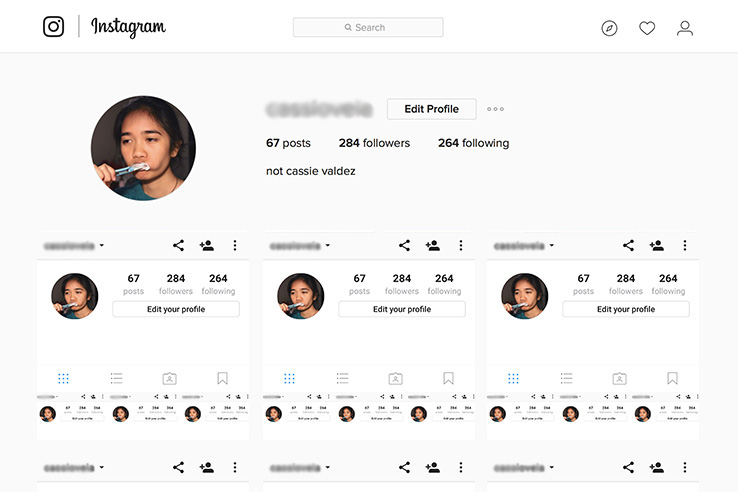
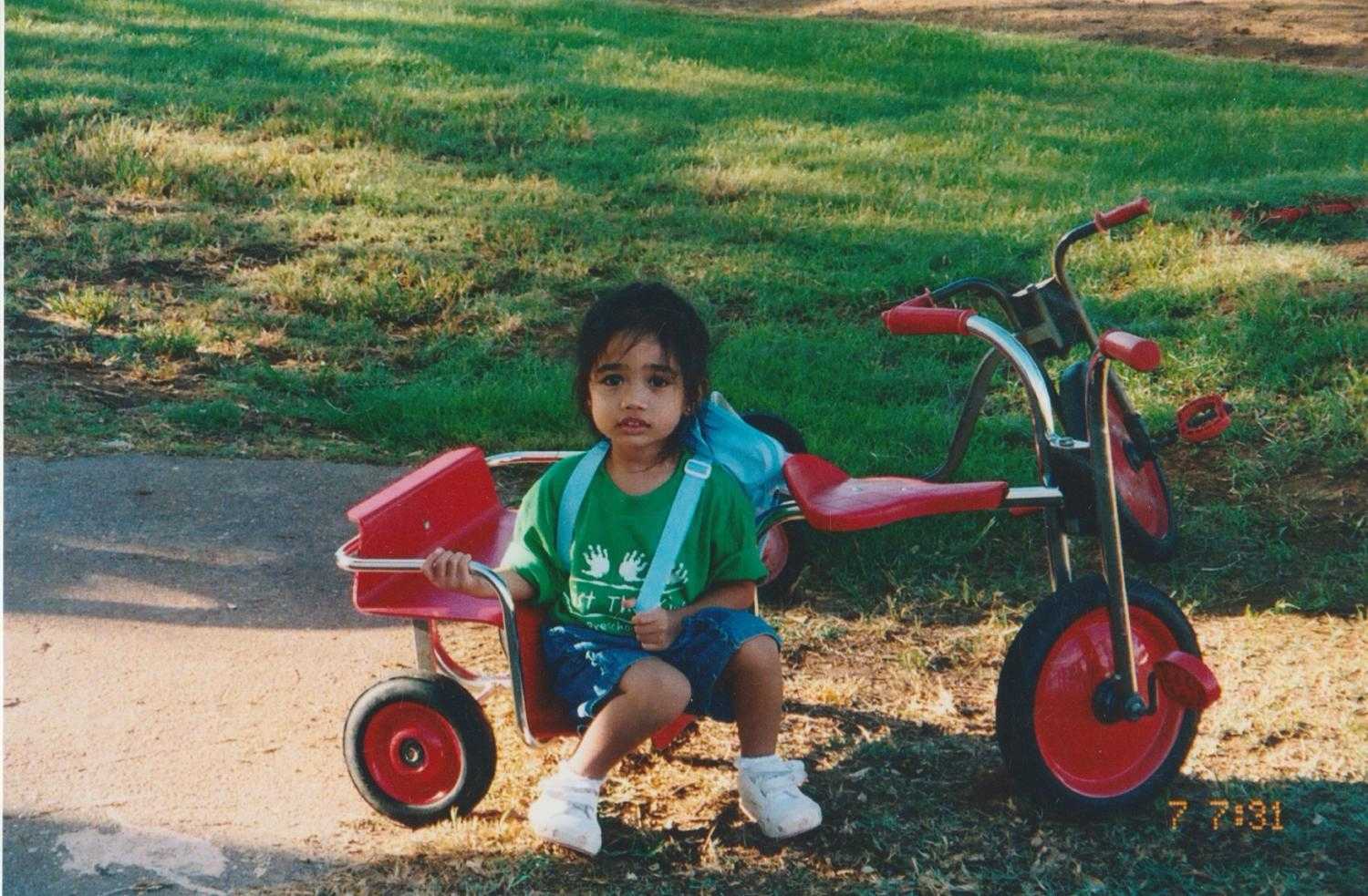
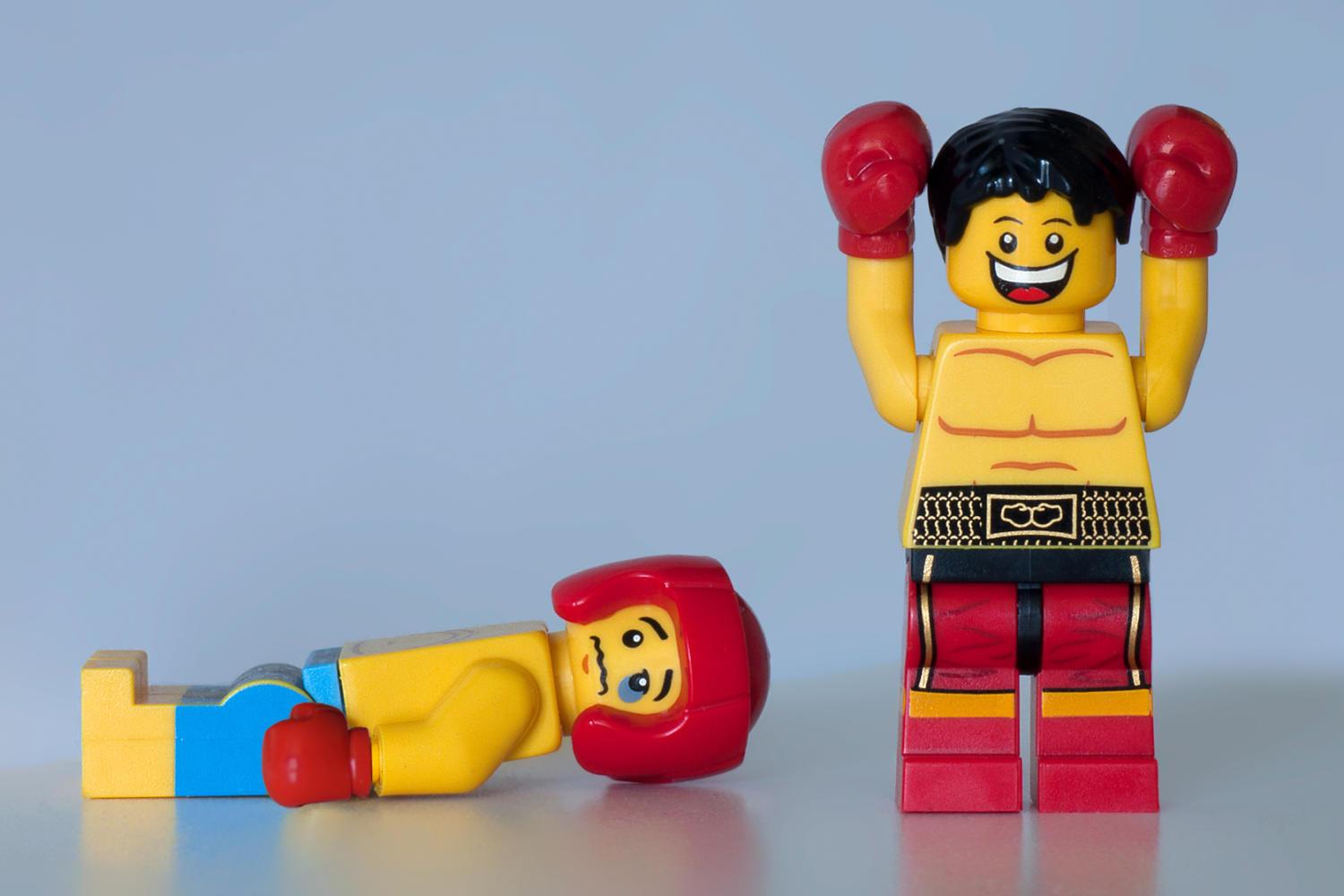

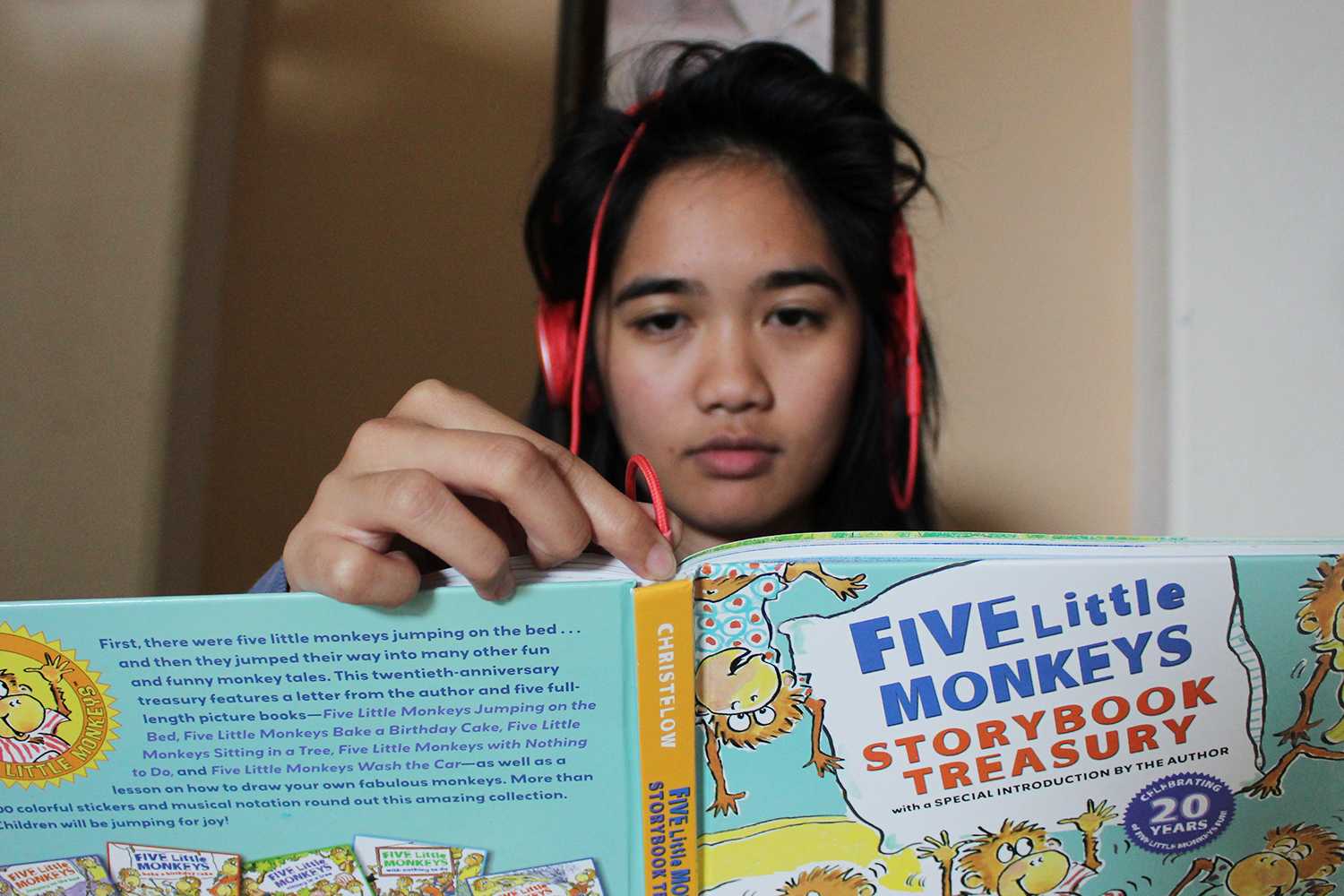
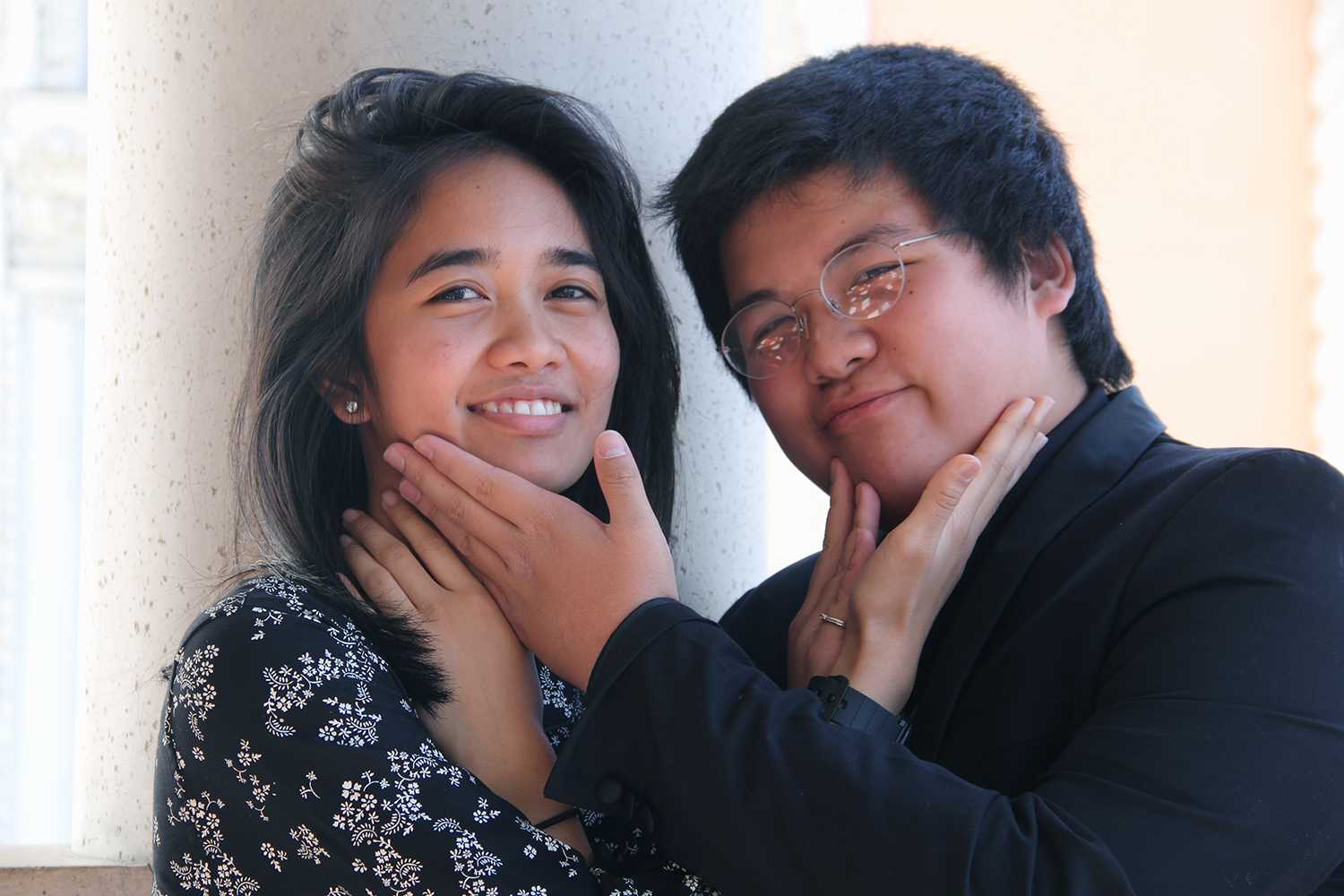







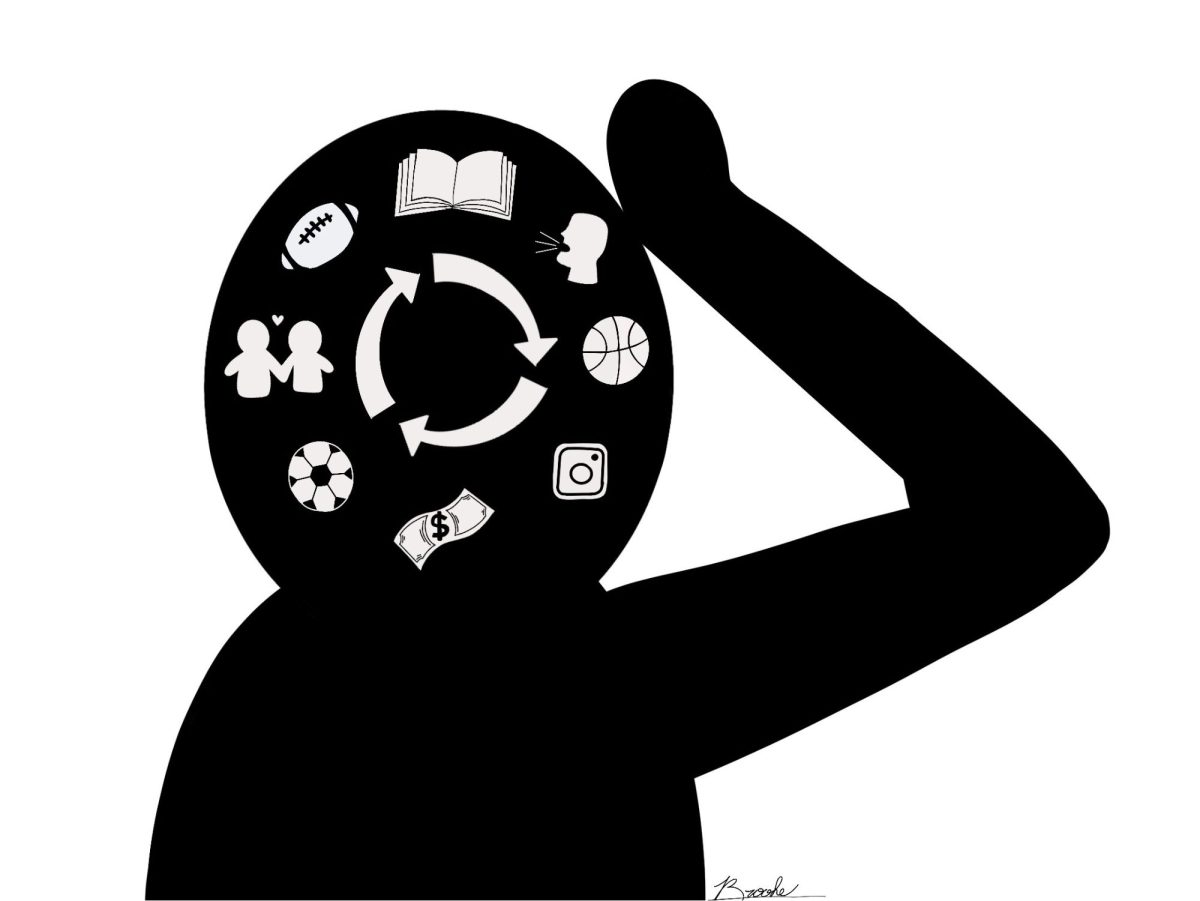
![Displaying a QR code for students to scan, the flyer allows students to sign up and learn about their desired colleges as they visit throughout the school year. Many schools have had additional presentations for students to learn more about what they offer. “For me, I’m interested in criminal justice,” junior Zion Jefferson said. “I know that UNLV and Nevada State University have this major. But, [the college fair] is going to be beneficial, so I can see what other schools offer as well.”](https://southwestshadow.com/wp-content/uploads/2025/10/IMG_2721-1200x900.jpg)

![Fast food has not stayed the same principle of “sit down, order, and get food,” but has turned into a process with multiple layers and complexity. This is largely due to the integration of automation in every aspect of dining. “I'm not that knowledgeable on it, but I've seen videos on TikTok, I'm not really concerned—it doesn’t seem that smart,” senior Dallas Evertt said. “When [some people are just ordering] 18,000 water cups, it sounds really dumb. There was no way [the AI] was gonna put down 18,000 water cups—and that just shows how it’s not going to take anybody’s job soon.”](https://southwestshadow.com/wp-content/uploads/2025/10/Dominante-Image-1200x675.png)
